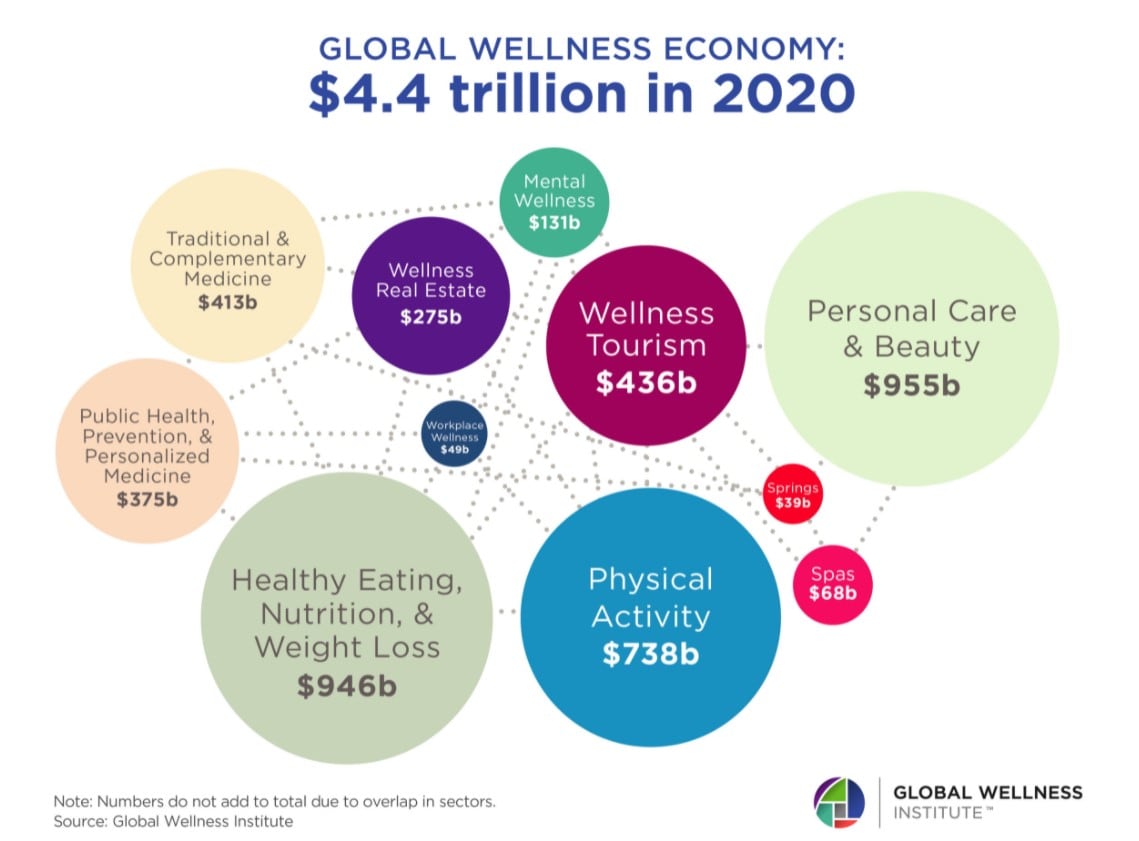A UK population study of 468,629 individuals with no record of heart disease has found light-to-moderate coffee consumption (0.5 to three cups a day) is associated with a reduced risk of mortality from cardiovascular causes.
“To our knowledge, this is the biggest study to systematically assess the cardiovascular effects of regular coffee consumption in a large asymptomatic population,” wrote the researchers in the European Journal of Preventive Cardiology.
Furthermore, they found that in comparison to zero coffee intake, light-moderate and high coffee consumption was associated with “favourable cardiovascular phenotypes”, both in terms of cardiac and arterial health.
Coffee consumption understudied
Even though coffee is one of the most consumed beverages in the world, little is known about the long-term impact of regular consumption on cardiovascular health.
Studies have shown that coffee plays a preventative role against cancer, obesity, type 2 diabetes, Parkinson’s disease and dementia.
However, findings have been inconsistent with regard to its effects on cardiovascular health. Although most studies have found no relationship between regular coffee intake and the incidence of cardiovascular disease, some have reported a positive association, while others have found an increased risk of mortality.
UK Biobank: a strong basis
UK Biobank is a large-scale biomedical database and research resource, containing in-depth genetic and health information from half a million 40-69 year-old UK participants. The database is regularly augmented with additional data and is globally accessible to approved researchers undertaking vital research into the most common and life-threatening diseases.
Researchers at Queen Mary University in London and Semmelweis University in Budapest recognised that the large sample size, linked health data and detailed MRI heart scans available in the UK Biobank provided a strong base to study the association of daily coffee consumption and cardiovascular disease.
Limiting their remit to those participants without any record of heart disease at the time of recruitment, the researchers analysed data from 468,629 Biobank participants. This analysis was carried out with any further involvement from the patients.
They used data that was collected at baseline assessment via questionnaires to categorise the participants. 22.1% were non coffee drinkers; 58.4% were light-to-moderate coffee drinkers (0.5 to three cups per day); and 19.5% were high coffee drinkers (over three cups per day).
The follow-up time for establishing an association between regular coffee intake and cardiovascular outcomes and all-cause mortality was 11 years.
17% lower risk of death from heart disease
Light-to-moderate coffee consumption was associated with a 12% lower risk of overall mortality, and with a 17% lower risk of death caused by cardiovascular diseases compared to non-coffee drinkers. In addition, drinking between half a cup and three cups of coffee a day was associated with a 21% lower risk of stroke.
The current study supported previous findings that long-term coffee consumption has no clinical significance for the risk of hypertension. What’s more, the researchers did not find any evidence of negative cardiovascular consequences, even among heavy coffee drinkers.
MRI scans shed light on changes in heart anatomy
A subgroup of participants underwent cardiovascular magnetic resonance imaging (CMR). The researchers used the MRI scans to analyse the effect of regular coffee consumption on the structure and function of the heart over time.
Analysis of CMR data for 30,650 participants showed that both light-to-moderate and heavy coffee consumption was linked to dose-dependent increased left and right ventricular end-diastolic, end-systolic and stroke volumes, as well as greater left ventricular mass. These are CMR metrics that indicate a reversal of age-related cardiac alternations.
Dr Pál Maurovich-Horvat, director of the Medical Imaging Centre at the Semmelweis University, said: “We found that regular light-to-moderate coffee consumption is beneficial for the health of the heart, with suggestion that it can slow down age-related cardiac changes.”
Mechanisms at work
The scientists speculated that the beneficial effect might be partly explained by lower ASI (Arterial Stiffness Index) and subclinical beneficial alterations in cardiac structure and function.
ASI, an indicator of arterial health and ischemic cardiovascular risk, was measured in 139,727 participants at baseline. The researchers’ analysis found that drinking half a cup to three cups of coffee a day was linked with significantly decreased ASI.
It is not known what coffee components are responsible for this action, although coffee is known to contain many beneficial bioactive components such as minerals and antioxidants.
Interestingly, in this study, regular consumption of decaffeinated coffee was significantly linked with lower all-cause mortality. The researchers said this suggested that the observed associations couldn’t be explained by caffeine alone, and that the cardiovascular effects of coffee consumption are attributable to “a combination of favourable and unfavourable effects of caffeine and other drink components”.
Source: European Journal of Preventive Cardiology
Published online: doi.org/10.1093/eurjpc/zwac008
“Light to moderate coffee consumption is associated with lower risk of death: a UK Biobank study”
Authors: Simon J, Fung K, Raisi-Estabragh Z, Aung N, Khanji MY, Kolossváry M, Merkely B, Munroe PB, Harvey NC, Piechnik SK, Neubauer S, Petersen SE, Maurovich-Horvat P



